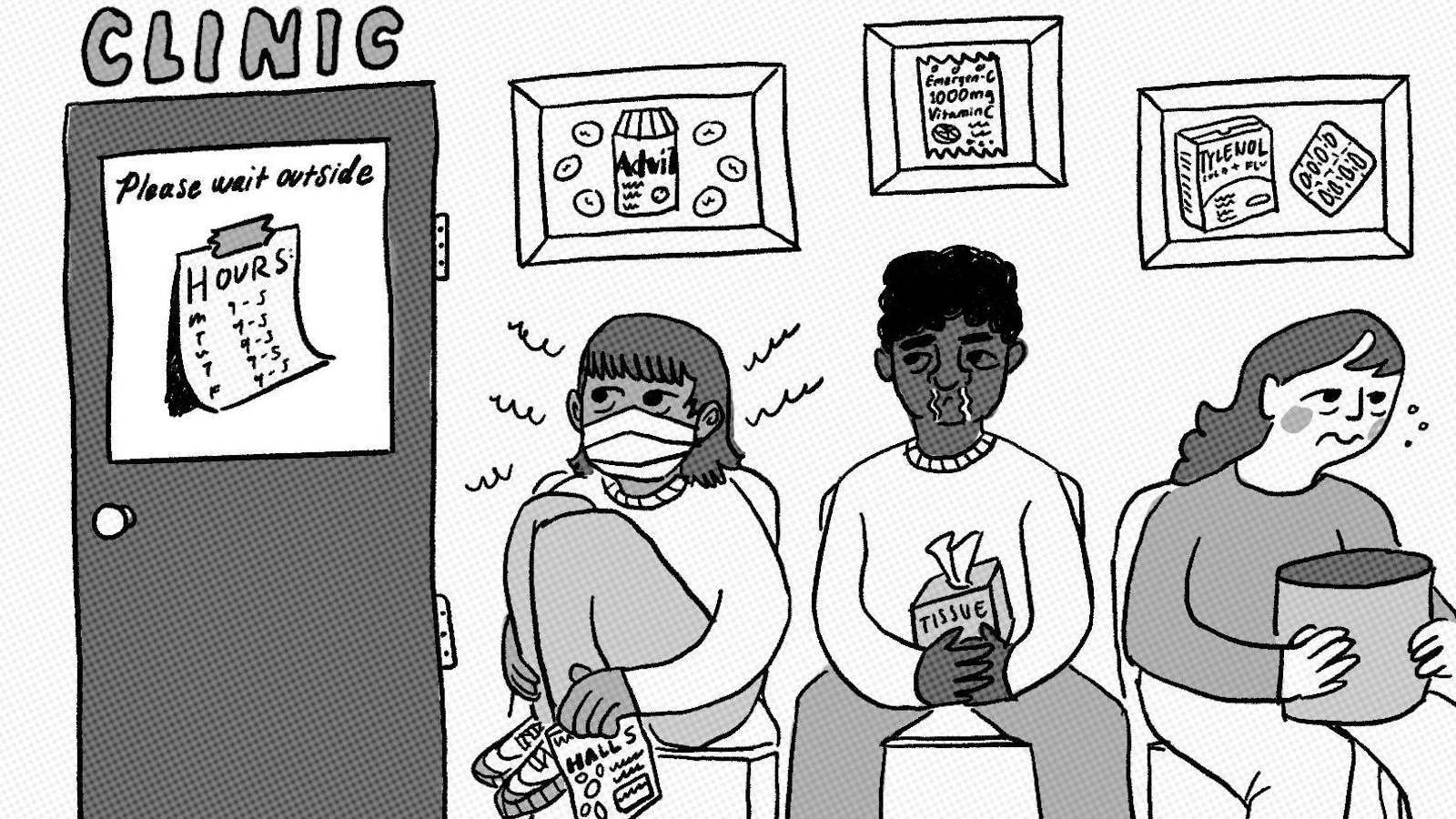Palliative care is a distinct field of medicine that focuses on caring for patients with terminal illnesses. Physicians specializing in palliative care engage in discussions with families to ascertain the desires of patients, particularly as they approach the end of life. These healthcare providers undergo training that underscores the importance of empathy, comfort, and patient autonomy. Granting patients the freedom to make choices during the dying process empowers them to assert their control in the face of uncertainty.
My initial exposure to palliative care took place in the medical wards while tending to one of the most critically ill patients under our care. She was experiencing multiple organ failure, and it was evident that despite our efforts to administer treatment, death was imminent. Medical interventions proved ineffective; the inevitable end was approaching. The administration of pain relief medications, such as morphine, hindered her breathing. Oxygen deprivation affected her cognitive function, causing her to drift in and out of consciousness. Subsequently, her kidneys and liver ceased to eliminate the medications from her system, leading to toxic levels of antibiotics in her bloodstream.
Initiating a dialogue with her family about transitioning the patient to comfort care—a fundamental principle of palliative medicine that focuses on alleviating pain and suffering towards the end of life, even if it may shorten lifespan—was essential. Given the gravity of the situation and the rapid deterioration of her health, we inquired with her family, “What decisions do you think she would have made?” Regrettably, no one had the answer.
Contemplating one’s mortality is undoubtedly a challenging task. However, it is a practice that should be encouraged more frequently. Ideally, discussions about end-of-life preferences should have taken place years before the patient’s hospitalization, preferably during routine annual check-ups with her primary care physician. Family medicine practitioners should excel in conducting end-of-life conversations, as having a patient’s wishes documented in advance can alleviate stress during emergencies, particularly for loved ones.
In Massachusetts, individuals with advanced illnesses or medical fragility have the opportunity to complete a Massachusetts Medical Order for Life-Sustaining Treatment form with their healthcare providers. This process facilitates conversations about preferences regarding interventions like intubation, CPR, and artificial nutrition in emergency situations. Moreover, it serves as an educational platform for patients to understand the implications of these interventions. For instance, is it more detrimental than beneficial to perform chest compressions and defibrillation on a 98-year-old woman with multiple underlying health conditions? These are critical inquiries that necessitate exploration.
Reflecting on the case of my patient with multi-organ failure and her family, I ponder whether more could have been done to alleviate her pain, suffering, and respiratory distress in her final moments. Would she have opted for the aggressive treatments we pursued, or would she have preferred a peaceful and dignified passing? Subsequent to this experience, I documented my own end-of-life preferences with my primary care physician. I firmly believe that everyone should have the autonomy to dictate their medical care, and proactively outlining an end-of-life plan makes it easier for healthcare professionals to provide patients with the compassionate and respectful care they deserve.
